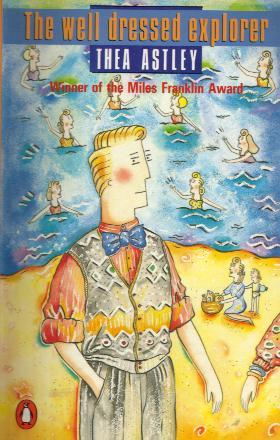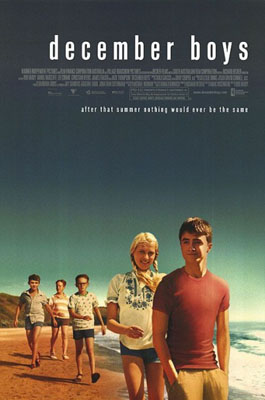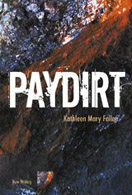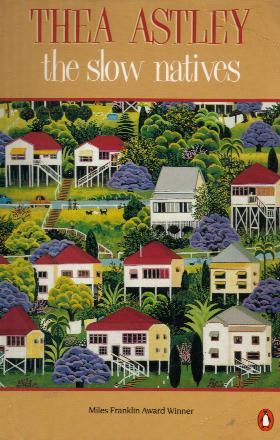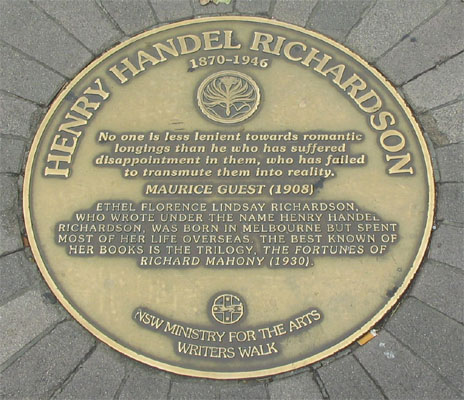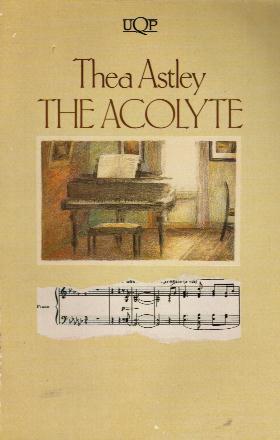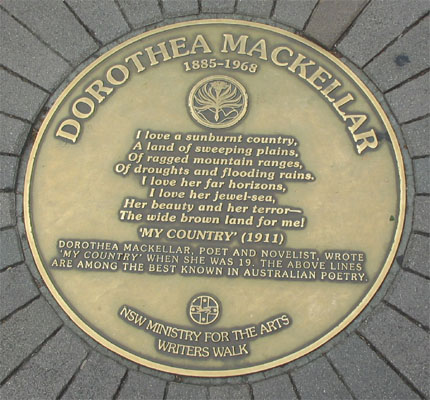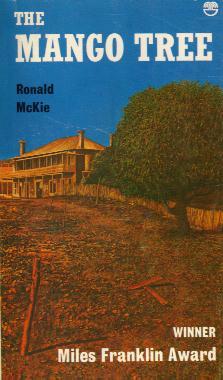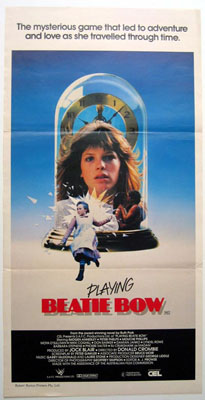A fiendish man sits there to ban quaint yarns and soulful songs,
And hour by hour abuses power that unto him belongs.
His soul corrodes as he slays our odes; he makes each little less;
He's quite cocksure about Literature, and he knows not bashfulness.
Rose, woman, wine -- 'tis pearls to swine; he draws his guilty screw
By cuts and hacks with his blood-stained axe and his baleful Pencil Blue.
The golden spring, where the bell-birds sing, and the wavelets kiss the shore;
The murmuring stream where lovers dream -- he's heard 'em all before.
The sweet red rose that blooms and blows on top of the Drunkard's Grave
He rejects each time like the simple rhyme of the sunbeam on the wave.
The domestic life of the Gambler's Wife the basket hides from view,
And My Guiding Star "might make a par," says he with the Pencil Blue.
He has no mind for the whispering wind that sighs o'er the smiling scene,
He has no soul for the funeral roll of the Men That Might Have Been;
The Orbèd Night, the Heart's Delight, and Lost Loves two and three,
He treats as shams, which he loudly damns, with the Graveyard by the Sea.
At the Suicide's Doom and the Silent Tomb and the Angel-Girl we knew,
With ghoulish glare he shakes his hair and clutches his Pencil Blue.
He has no room for Wattle Bloom, nor the lights of Faerie Town;
The Dying Child but makes him wild, and he curses Eyes of Brown.
He swears amain at the sweetheart's pain for the Days of Long Ago,
And he wipes out Dick, the stockman sick, who dies in the Sunset Glow.
"There's Sweet Lucette, my fair brunette, now lost to Fancy's view!"
The brute doth leer, "not here, not here," and juggles his Pencil Blue.
First published in The Bulletin, 11 October 1906
